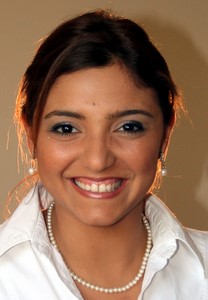
 By Freda Wolfeden & Bob Moon
By Freda Wolfeden & Bob Moon
There are 18 instituions involved in thsi consortium to train teachers in Sub-Saharan Africa. The TESSA Portal: South Africa Country Page.
Challenge: need to devise materials that could be easily localised and contextualised for a number of institutions. Highly structured templates for study units were devised. Each study unit was written used the auhtoring template. Particular components were identified, teh ones that would remain the same. Other components would have to be modified and adapted by other partner instituions. There 750 study units, over 2000 activities, 11.000 study hours of materials will be there on teh site. The writing involves over 100 authors and 1000 teachers testing and providing feedback on the units.
Context of in which learners will be working: most teachers will not have access to the internet, most of them do not even have eletricity. The study units can be turned into a variety of different formats. There are PDFs that can be printed out or word documents as well. Supporting dialogue and discussion for people to develop their own materials and share them is essential in the project. There is a homepage for every country involved in the project.
Content is being generated and activites are carefully thought about, especially on how they will be used. Games in the classroom are also encouraged. There will be 450.000 teachers engaging with the materials in 2008.
Framing Factors:
15 hours of study time. Ease of localisation, quality assuarance, access and take-up, portal design and organisation.
Access and take up: they are not using proprietory softwae so there is no need to worry about licenses.
They wish to build an Architecture for Teacher Development
Filed under: OpenLearn2007 | Tagged: OERs, OpenLearn2007, Sub-Saharan Africa, TESSA | Leave a comment »


 By Peter Bateman.
By Peter Bateman.





